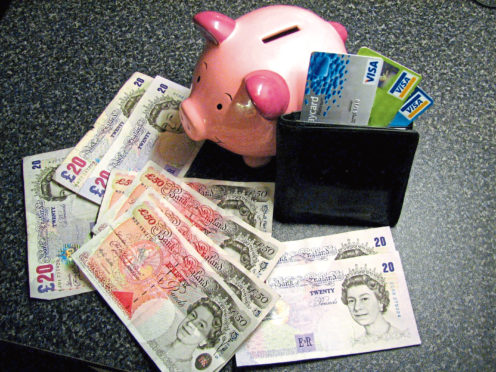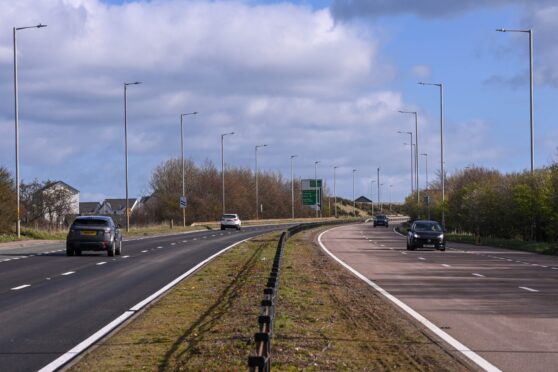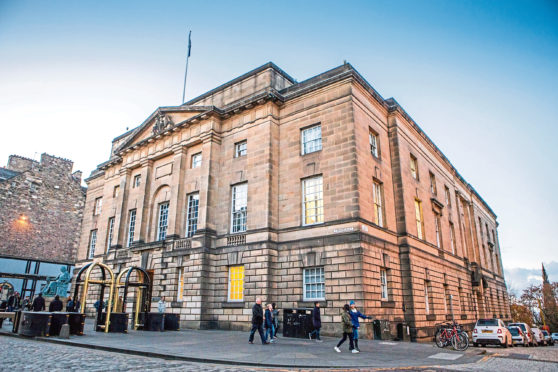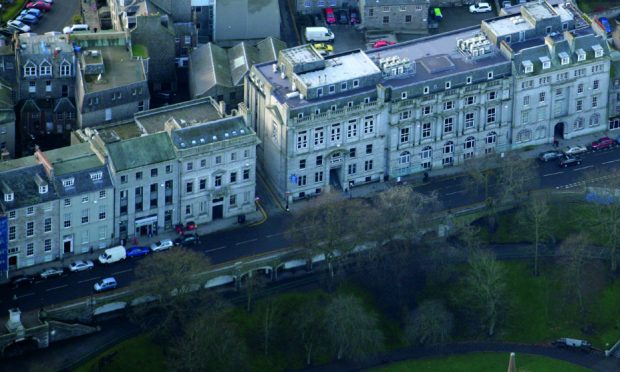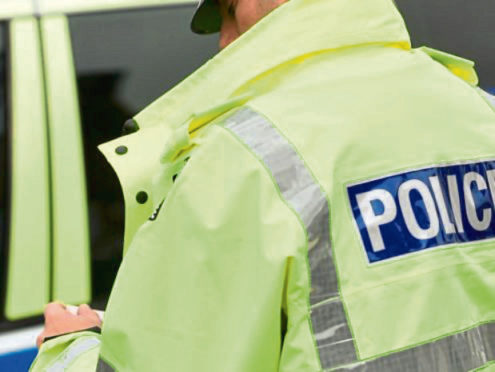Aberdeen council bosses have adopted a new policy they hope will combat money laundering.
Members of yesterday’s audit committee were asked to approve the new measures, with specialist training to be given to key staff on how to spot the signs of illegal transactions.
A report to committee notes a number of “flags” that money laundering could be happening, including cash payments over £5,000 and the use of cash where other means of payment are normal.
They also include overpayments by a customer, movements of funds overseas – particularly to a high-risk country or tax haven – and the absence of an obvious legitimate source of the cash.
Staff will be asked to check the likes of council tax bills and bank statements to prove identity and raise any concerns with senior council officers.
Council bosses talked with colleagues in Glasgow and Dundee in drawing up the policy.
The report reads: “While nearly 400,000 suspicious activity reports are reported to the National Crime Agency each year and money laundering costs the UK billions each year, the laundering of large amounts of illicit funds is still primarily through the financial and professional services sectors, not local government.”
The committee were told that laundering was “very rare” within the council.
But overpaying council tax bills in person, and in cash, by thousands of pounds and asking to transfer the remainder to a third party was cited as an example of a case that could occur.
Aberdeen Labour councillor Sarah Duncan raised fears that an increase in online payments could leave the council more open to fraudsters.
She was told that most online transactions were of a small scale, for the likes of parking tickets.
